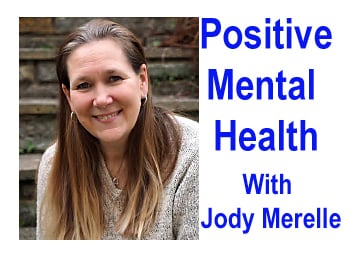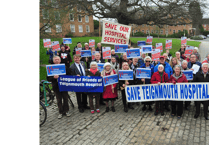Just yesterday I was in a wellbeing workshop with a group of people I had never met before. Right at the beginning, before we had even started, one of the participants said that he had had enough of being told by well-meaning people to go to yoga classes and eat chickpea soup.
We all laughed at this, but I completely understood where he was coming from.
I have commented before in this column that the word wellbeing is a woolly term which can be used in all kinds of contexts.
When you are working or living in a highly stressful environment, it would feel enormously patronising for an outsider to turn up and tell you that all your troubles will melt away by eating a few more vegetables.
People have many ideas about what wellbeing looks like and how it can be achieved.
You will find hundreds of articles on the benefits of connecting with nature, improving your diet, cold water swimming, practising mindfulness, getting sufficient sleep and all manner of other suggestions.
Whilst research has shown that all of these things can be beneficial – none of them address the point that looking after one’s wellbeing is a very individual thing.
What might be hugely beneficial for one person might feel the opposite for another. On a personal level I don’t even like chickpeas very much and I don’t intend to start eating them just because someone else says I should.
Having practised as a therapist and life coach for several years now, I have learned that the single most important thing in terms of your own wellbeing is to ask yourself questions about it. It is something that we are never taught to do at school. In fact most of us think far too little about our sense of wellbeing until we realise that something is wrong.
Even then it is typical for people to wait a long time before seeking some kind of help or support.
A good starting place would be to check in with yourself each day.
Ask yourself the question each morning – what does the day ahead look like and what do I need to help me get through it? If the day ahead feels like a positive and manageable one, then you might not need anything other than to focus on enjoying what is to come.
If, however, it feels difficult or challenging, then it can be helpful to think in advance as to how you are going to cope with what is ahead. Would it help to talk to someone before or afterwards? Do you need some time with a friend or perhaps some time alone to think about things? Is there something you feel that would be of benefit in terms of your physical health? Would it feel helpful to get some fresh air or have some time out?
When I am on my way to a workshop I almost always listen to music in the car which automatically lifts my mood so I don’t turn up to a wellbeing workshop looking and feeling stressed myself!
No two days are ever exactly the same just as no two people’s needs are either. Many of us spend a large amount of time in auto-pilot mode, so I suggest regularly this off.
Ask yourself how you are today and if there is anything that would help boost your sense of wellbeing. By doing this you will find that you start to pay more attention to keeping yourself well rather than simply reacting once you have reached crisis point.
If chickpea soup works for you then that is terrific. But there are probably a number of others things which will benefit you personally even more.
Once you start asking these questions you will soon build up a whole arsenal of personal wellbeing tools.
The next step is to remember to use them regularly. If we can find the time each evening to make sure that our phone will be fully charged the next day, then the least we can do is to consider our own wellbeing batteries and also remember to recharge them once in a while!




